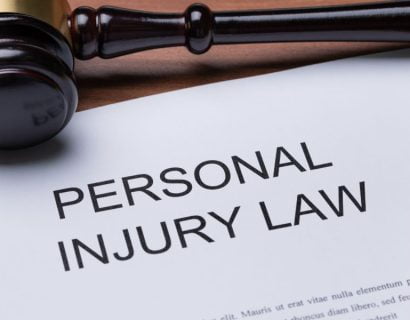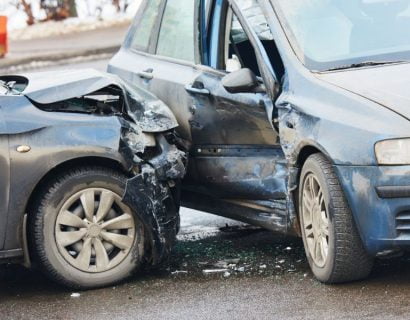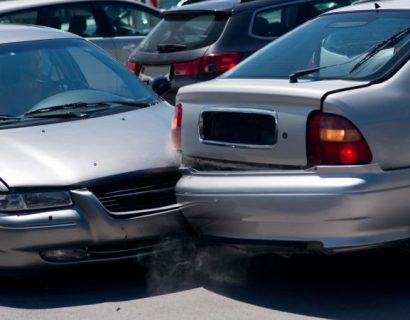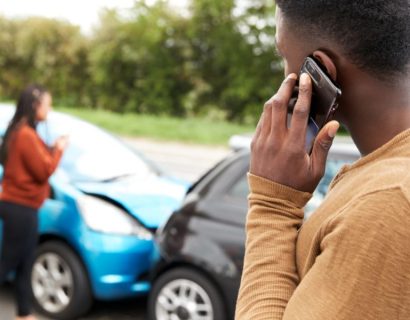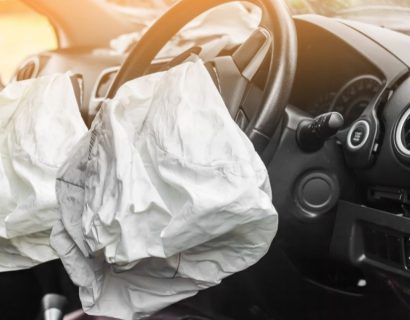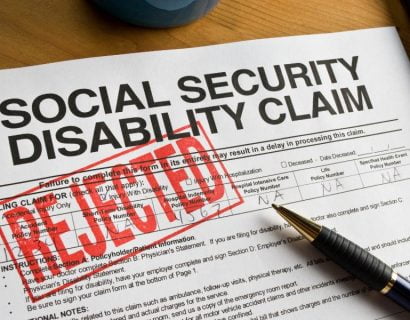Blog
2024 How to File a Car Accident Claim in North Carolina?
If you have recently been in an accident and are wondering how to file a car accident claim in North Carolina, know that there are several essential steps…
Common Causes of Car Accidents in North Carolina (2024)
The most common causes of car accidents in North Carolina and throughout the country have to do with driver error. Driver error refers to the mistakes, misjudgments, and…
Average Pedestrian Accident Settlement in North Carolina [2024 Updated]
Pedestrian accidents can result in severe injuries and, in turn, significant financial burdens for the injured parties. This is why many people who are struck by a car…
Common Types of Premises Liability Cases in North Carolina (2024)
When you are on public or private property, such as stores and homes, you expect a certain level of safety. Property owners have a legal responsibility to you…
Average Motorcycle Accident Settlement in North Carolina (2024)
A motorcycle accident can have devastating effects, causing catastrophic and fatal injuries. When motorcyclists survive their injuries, they can be left with thousands in medical costs and property…
Average Truck Accident Settlement in North Carolina (2024)
Truck accidents are often devastating and fatal incidents, causing long-term disfigurement, pain, and disability for those who survived the collision. When injured individuals are not at fault, they…
Average Car Accident Settlement in Hickory (2024)
After a car accident that you were not to blame for, you likely face significant financial strain from lost income to medical and recovery costs. Many people want…
2024 What to Do After a Car Accident in Hickory
It’s important to prepare for the possibility of a car accident. Unfortunately, it is something that happens to most drivers on the road. Knowing what to do after…
Hickory Car Accident Statistics [2024 Updated]
Although drivers are all aware of the potential risks on the road, not all take the necessary precautions. Collisions between cars and single-car accidents are unfortunately common. Car…
Why Is My Car Accident Settlement Taking So Long in North Carolina? [2024]
Insurance companies are never eager to pay their policyholders. Many insurance companies employ tactics that make it almost impossible for the average car accident victim to make a…
When to Hire a Personal Injury Lawyer in North Carolina [2024]
If you’ve experienced a personal injury, you should contact a North Carolina personal injury lawyer immediately. The statute of limitations on personal injury claims in North Carolina is…
Most Dangerous Roads and Intersections in North Carolina (2024)
If you live in North Carolina, you are likely familiar with some of the most dangerous roads and intersections in your area, and various government agencies and nongovernment…
North Carolina Personal Injury Settlement Amounts Examples 2024
If you were recently injured because of another party’s actions, it can form the basis for a personal injury claim. An experienced North Carolina personal injury lawyer can…
Most Dangerous Roads and Intersections in Hickory, NC (2024)
Even the most minor car accident is a frustrating experience. In many cases, however, they represent something much worse. Injuries, vehicle damage, and other losses often accompany a…
2024 How Much Does a Personal Injury Lawyer Charge in North Carolina?
If you or a family member recently suffered injuries because of another party’s actions, this can form the foundation for a personal injury claim. This is a type…
2024 How Long Does It Take to Settle a Car Accident Claim in North Carolina?
If you or a loved one recently suffered injuries in a car accident, it’s natural to wonder how you will recover from the incident and how long it…
Types of Car Accident Claims in North Carolina (2024)
Car accidents are one of the most commonly reported causes of accidental injuries and deaths in the Catawba, Burke, and Caldwell Counties and throughout North Carolina each year,…
2024 Is Lane Splitting Legal in North Carolina?
Motorcycles are a fun and convenient way to get around, but they are also one of the most dangerous ways to get around. A motorcycle offers very little…
2024 How Does Workers Comp Work in North Carolina?
Getting injured at work is something no one expects to happen. However, if you get injured at work, you probably assume that your company has a way of…
Is North Carolina a No-Fault State for Automobile Accidents? 2024
Every state in the country has different rules for resolving automobile accidents. In this state, the fault rule applies, so it is vital for you to prove exactly…
2024 What to Do When Someone Hits Your Parked Car and Leaves in North Carolina
Being involved in a car accident is never a pleasant experience. However, it is even more frustrating when someone hits your parked car and drives off without leaving…
North Carolina Car Accident Laws 2024 – All You Need to Know
Car accidents happen every day for a variety of reasons. Whenever these incidents occur, the drivers must understand their rights and responsibilities when assigning fault for the accident…
What to Do After a Car Accident Not Your Fault In North Carolina? (2024)
Car accidents happen for many different reasons. If you are in a collision, it is important for you to know and take the proper steps after the accident…
Average Settlement for Car Accident Back and Neck Injury in North Carolina
Car accidents happen every day and are a leading cause of accidental injuries and deaths throughout the country each year. These incidents are capable of causing a host…
North Carolina Car Accident Statistics 2024 – NC Traffic Fatalities
Car accidents are an unfortunate reality for thousands of people throughout the United States each year. Some accidents only result in cosmetic damage to the vehicles involved, but…
North Carolina Personal Injury Laws – All You Need to Know
A “personal injury” is any incident in which one party causes physical harm and/or economic losses to another party. Under North Carolina law, the victim of a personal…
North Carolina Workers Compensation Laws – All You Need to Know
The workers’ compensation system can be an invaluable lifeline to anyone injured at work in North Carolina. However, the claim process is similar to filing any other type…
Some safety hazards for drivers may be unique to summertime
While the idea of being involved in a motor vehicle accident can be a harrowing concept, a collision can occur at any moment and under a multitude of…
Why did your disability claim come back denied?
If you are seeking financial support from the Social Security Administration because you are unable to work, you may find the process of securing these benefits to be…
Some accident victims could suffer severe nerve damage
There are numerous types of injuries you might suffer during a motor vehicle accident, and the outcome of the incident could impact various aspects of your life. Injuries…


![Average Pedestrian Accident Settlement in North Carolina [2024 Updated]](https://www.heltonlaw.com/wp-content/uploads/2024/03/average-pedestrian-accident-settlement-in-north-carolina-410x320.webp)


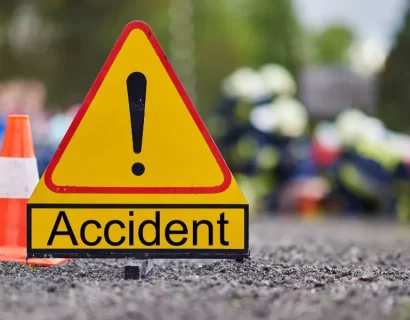
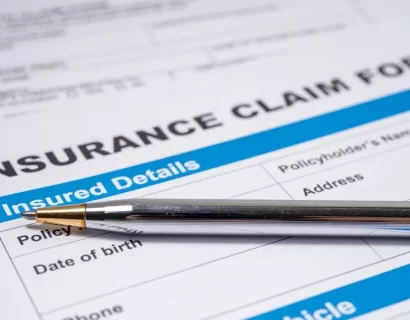

![Hickory Car Accident Statistics [2024 Updated]](https://www.heltonlaw.com/wp-content/uploads/2024/02/hickory-car-accident-statistics-410x320.webp)
![Why Is My Car Accident Settlement Taking So Long in North Carolina? [2024]](https://www.heltonlaw.com/wp-content/uploads/2024/01/why-is-my-car-accident-settlement-taking-so-long-in-nc-410x320.jpg)
![When to Hire a Personal Injury Lawyer in North Carolina [2024]](https://www.heltonlaw.com/wp-content/uploads/2024/01/when-to-hire-a-personal-injury-lawyer-in-north-carolina-410x320.jpg)



